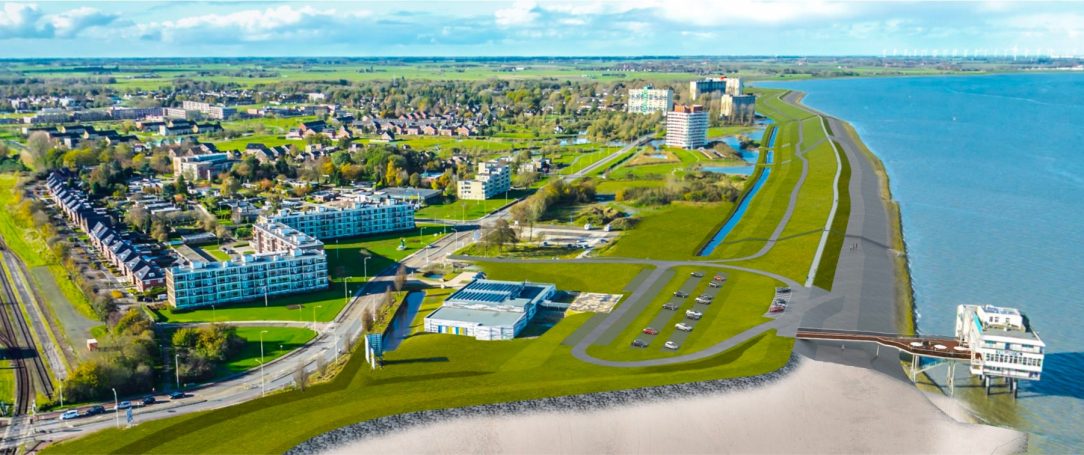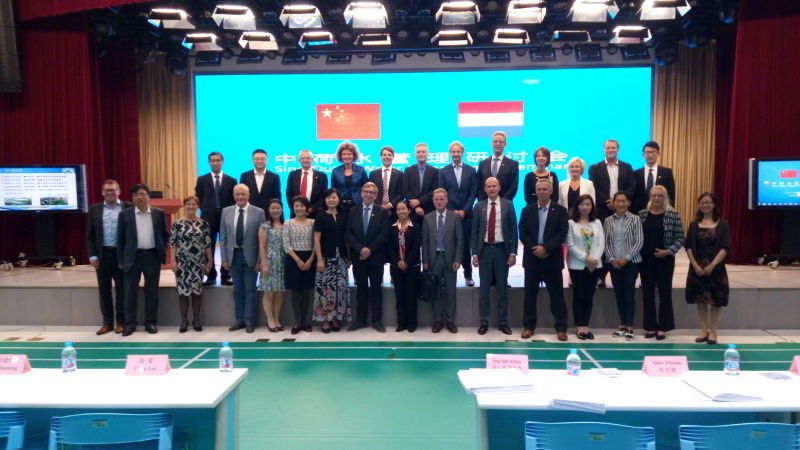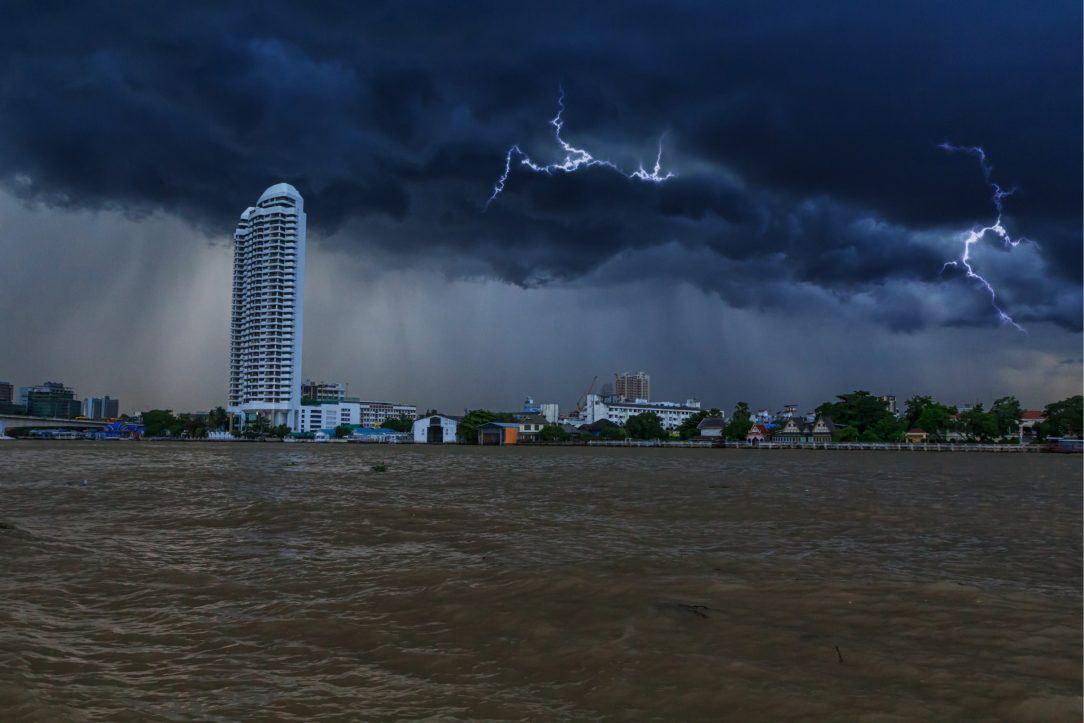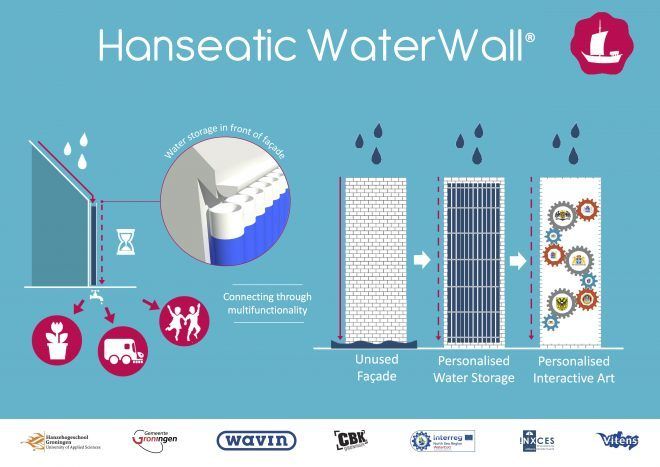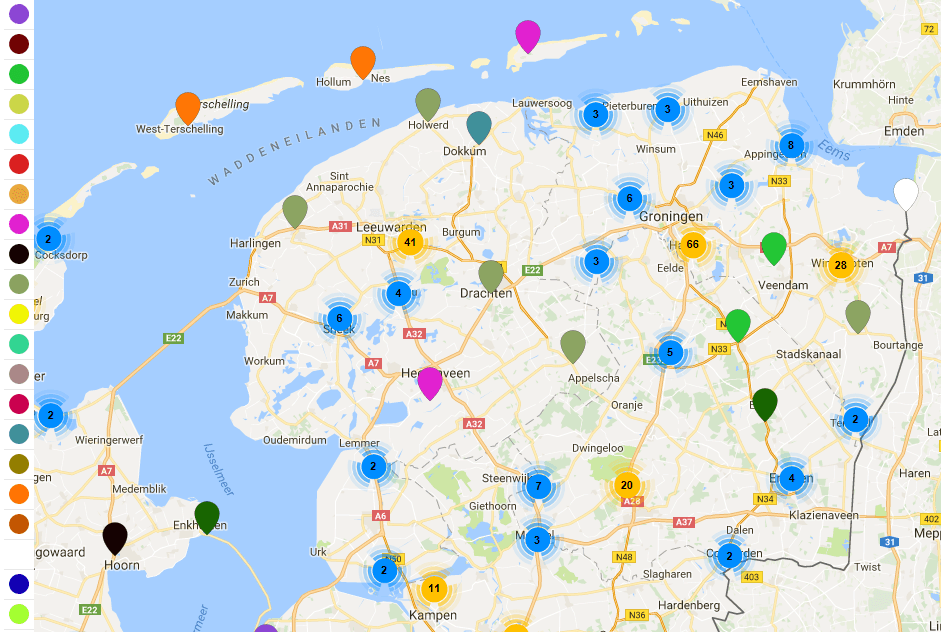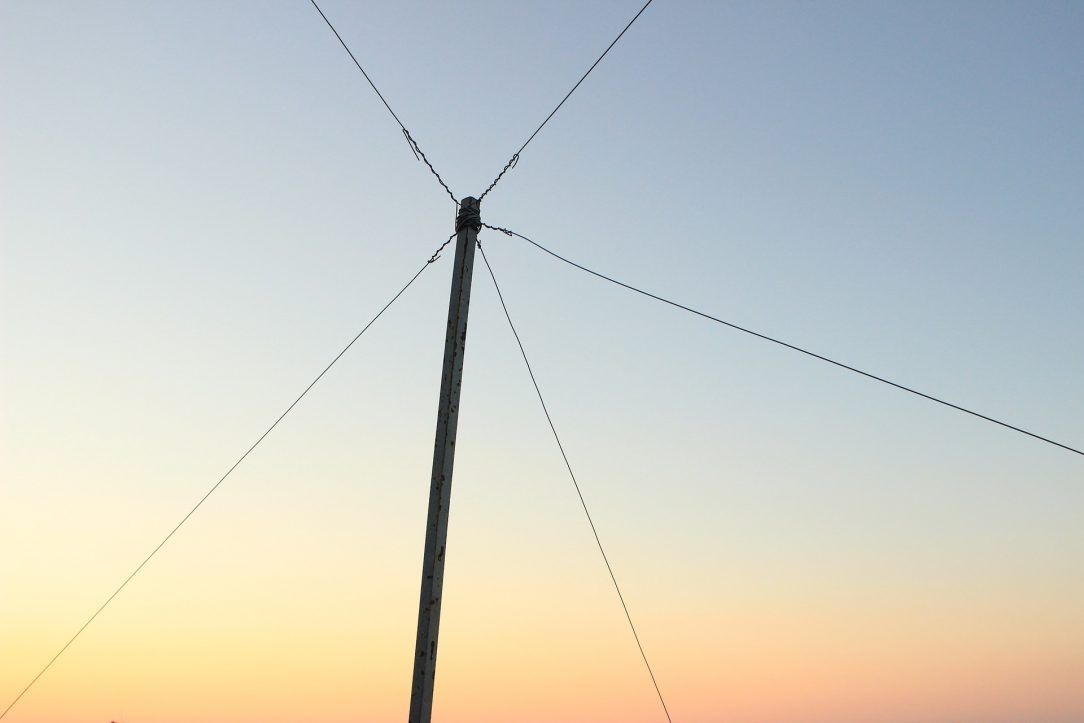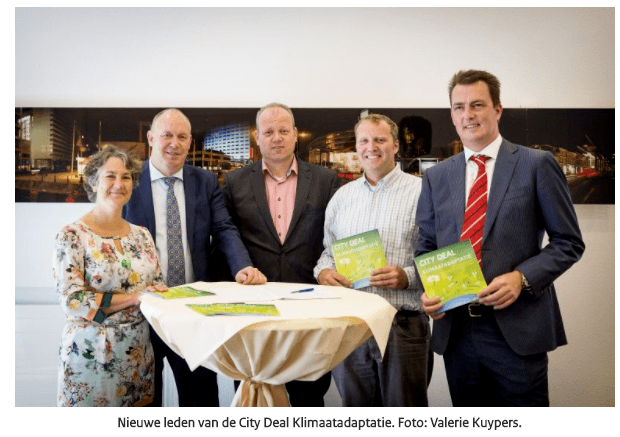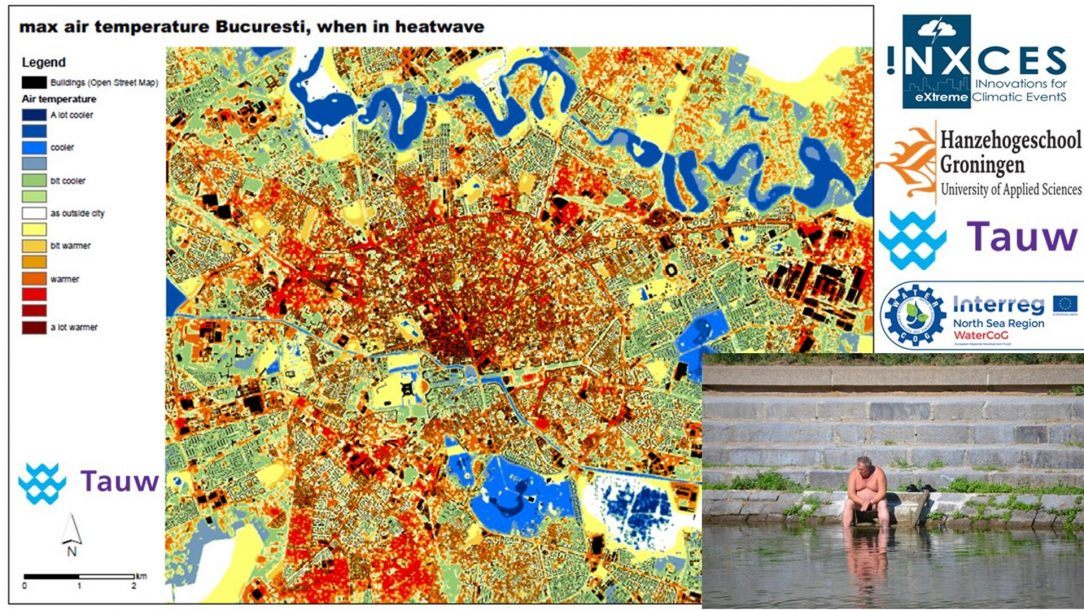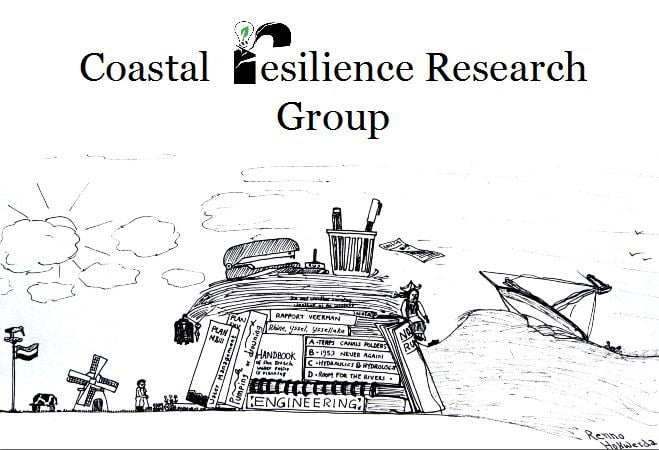Between Delfzijl and Eemshaven we improve 12 km of sea dike. The dike protects a large part of the province of Groningen. We make the dike resistant to climate change and sea level rise, but also land subsidence and earthquakes caused by gas extraction in Groningen. Within the project we carry out a number of innovations to address future challenges: …
Sponge Cities
In the so-called Sponge City programme, Chinese authorities assert they will take various measures to collect superfluous water resulting from heavy rainstorms to thereby counteract flooding. This involves studying measures such as blue-green roofs, permeable roads, water purification installations and plazas for rainwater storage and re-use. The Hanze University of Applied Sciences Groningen has more than 25 years of experience …
IWASTO: Flood Free Manila
(Mega)cities are confronted with problems caused by urbanisation and climate change, such as heat stress, drought, flooding, air and water pollution and poor sanitary conditions. The Hanze University of Applied Sciences, Groningen and the University of Applied Sciences, Rotterdam took the initiative, together with various national and international partners, to set up IWASTO. The IWASTO programme focuses on the restoration …
Sub-Urban
COST is the longest-running European framework for support of transnational collaboration amongst researchers, engineers and scholars throughout Europe. SUB-URBAN has partners from all over Europe and international partners from Israel, Russia, Bangladesh and Hong Kong. Partners from the Netherlands are the Hanze University of Applied Sciences, the municipality of Rotterdam and Deltares. The objective of the Sub-Urban network is to …
Hanseatic City Challenge
The Hanseatic City Challenge was part of the 37th edition of the ‘International Hanseatic Days’ held in Kampen, the Netherlands from 15 to 18 June 2017. The challenge’s central question was: how can we protect our Hanseatic cities from the consequences of climate change? The winning idea was an entry from team Groningen (Groningen municipality, University of Applied Sciences and …
Climatescan.nl
Over the past few years, more and more adaptive measures for climate change are being implemented by urban areas worldwide. The objective of climate scan is international knowledge exchange on climate adaptation projects through an interactive web-based application. The Hanze University of Applied Sciences coordinates this project involving over 100 active participants around the world (both public and private stakeholders). …
KANS Network
Groningen is a member of the Dutch Climate Adaptation Network in medium-sized Cities (KANS). Through this network, Groningen collaborates with other Dutch cities on climate change problems specific to medium-sized cities. The subjects these cities focus on are: (1) climate change on district level, (2) climate adaptation and the new environmental act and (3) city and surroundings. The Ministry of …
City Deal Climate Adaptation
City Deal Climate Adaptation is a cooperative between public partners and (semi)private cooperation partners focused on achieving a breakthrough in the approach to climate adaptation in Dutch cities. The Hanze University of Applied Sciences is involved in order to work more effectively on climate-resistant cities, from Hoogeveen to Manila. The City Deal Climate Adaptation is working on the Spatial Adaptation …
International research collaboration INXCES
INXCES uses international, multidisciplinary research collaboration to develop technological methods for risk estimation and dealing with flooding and drought in urban regions. The Hanze University of Applied Sciences, Groningen is one of the initiators of this international collaboration. The technical scientific study uses innovative 3D terrain analysis, visualisation technology and state-of-the-art satellite observations to develop cost-effective risk analysis tools for …
Coastal Resilience Research Group
The Coastal Resilience Research Group (CRRG) is a multidisciplinary research group of the University of Groningen Faculty of Spatial Sciences. The study group focuses on reinforcing and preserving sustainable, resilient communities in regions where flooding and other climate effects are a real threat.
- Page 1 of 2
- 1
- 2



